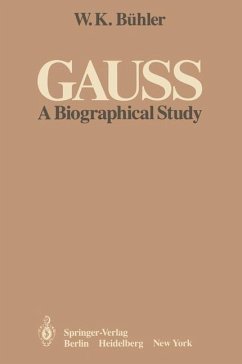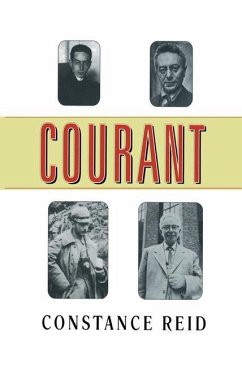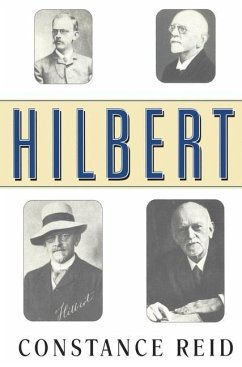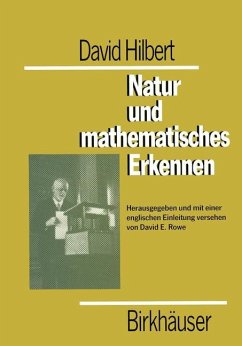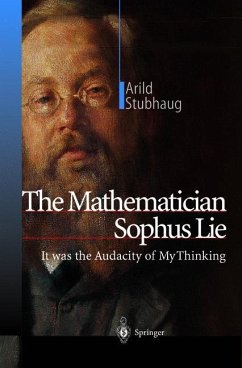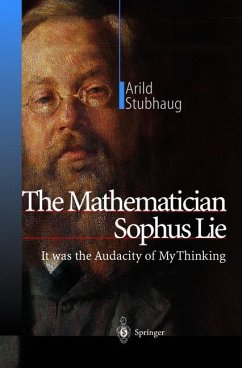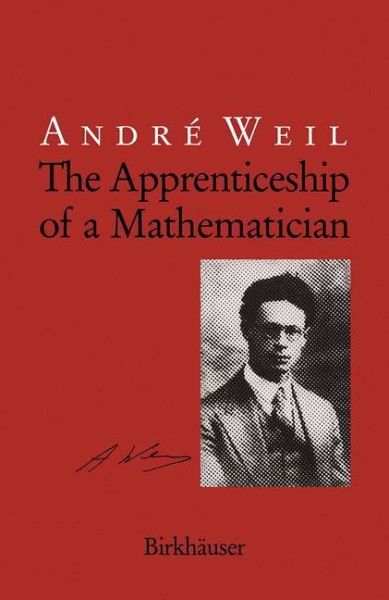
The Apprenticeship of a Mathematician

PAYBACK Punkte
45 °P sammeln!
"Extremely readable recollections of the author... A rare testimony of a period of the history of 20th century mathematics. Includes very interesting recollections on the author's participation in the formation of the Bourbaki Group, tells of his meetings and conversations with leading mathematicians, reflects his views on mathematics. The book describes an extraordinary career of an exceptional man and mathematicians. Strongly recommended to specialists as well as to the general public."EMS Newsletter (1992)"This excellent book is the English edition of the author's autobiography. ... This ve...
"Extremely readable recollections of the author... A rare testimony of a period of the history of 20th century mathematics. Includes very interesting recollections on the author's participation in the formation of the Bourbaki Group, tells of his meetings and conversations with leading mathematicians, reflects his views on mathematics. The book describes an extraordinary career of an exceptional man and mathematicians. Strongly recommended to specialists as well as to the general public."
EMS Newsletter (1992)
"This excellent book is the English edition of the author's autobiography. ... This very enjoyable reading is recommended to all mathematicians."
Acta Scientiarum Mathematicarum (1992)
EMS Newsletter (1992)
"This excellent book is the English edition of the author's autobiography. ... This very enjoyable reading is recommended to all mathematicians."
Acta Scientiarum Mathematicarum (1992)







